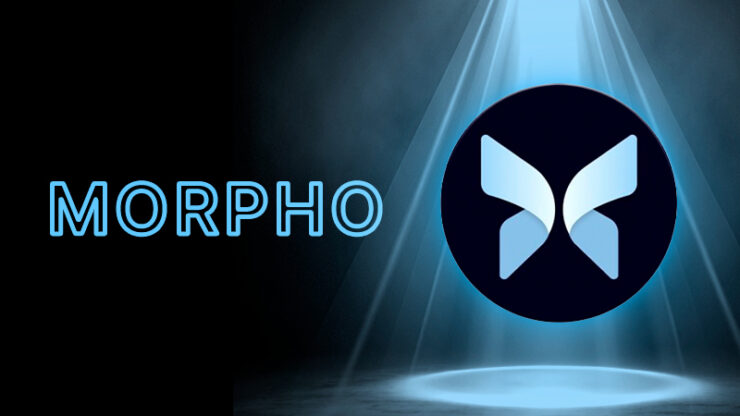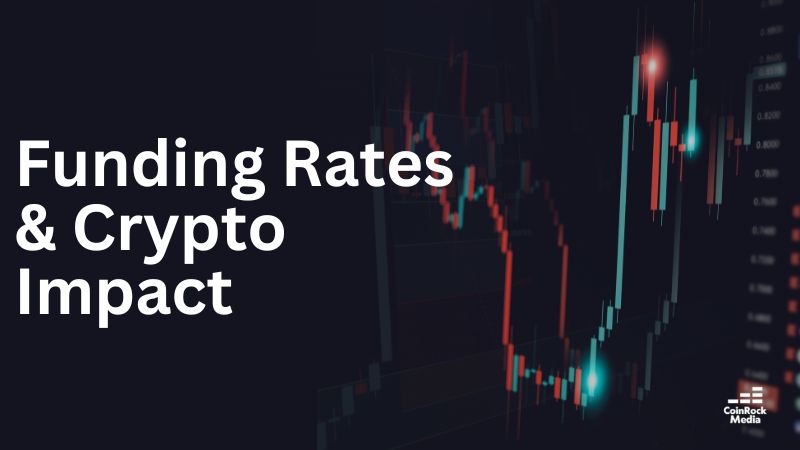In the world of decentralized finance (DeFi), new technologies and platforms are emerging to solve problems and offer better solutions. One of these is Solv Protocol (SOLV), which is bringing structured finance to the blockchain. But why is it crucial?
Let’s break down what Solv Protocol is all about, how it works, and why it matters to the future of DeFi in a way that’s easy to understand.
What is Solv Protocol (SOLV)?
Solv Protocol is a DeFi platform that allows users to create and trade structured financial products on the blockchain. Structured products are complex financial tools that combine different types of assets or strategies to meet specific goals. These could be products like bonds, synthetic assets, or investment funds.
What makes Solv special is that it makes these types of products available in DeFi (decentralized finance), meaning people can use blockchain technology to create, trade, and invest in them, without needing intermediaries like banks or brokers.
How Does Solv Protocol Work?
Here’s how Solv Protocol operates, step-by-step:
1. Tokenizing Real-World Assets (RWAs)
- Solv can tokenize real-world assets (RWAs) like stocks, bonds, or even real estate. This means turning them into digital tokens on the blockchain that anyone can trade or invest in.
- For example, a tokenized bond could represent a loan or investment, allowing people to buy or sell it on the blockchain.
2. Customizing Financial Products
- Solv lets users create customized financial products based on their needs. For instance, you could create a product that mimics the price of gold or something that pays out a fixed amount of interest over time.
- These products can be designed to fit specific risk levels and return goals, meaning anyone can build a product that works for them.
3. Smart Contracts for Automation
- Solv uses smart contracts, which are self-executing agreements on the blockchain. These contracts handle things automatically, like paying interest on a bond or distributing profits from an investment, without needing a middleman.
- This automation helps reduce costs and makes everything transparent.
4. Solv Marketplace
- Once financial products are created, they can be listed on the Solv Marketplace, where people can buy, sell, or trade them.
- This marketplace gives liquidity to products that might otherwise be hard to trade, making it easier for users to enter or exit positions.

Why Solv Protocol Matters
Solv Protocol isn’t just another DeFi project. It’s making advanced financial tools available to everyone. Here’s why Solv stands out:
1. Bridging Traditional Finance with DeFi
- While many DeFi projects focus only on crypto-related assets, Solv allows people to bring traditional financial products like stocks and bonds onto the blockchain.
- This opens up a way for users to access more traditional types of investments within the decentralized world, without relying on banks or brokers.
2. Making Complex Financial Products Accessible
- Traditionally, structured financial products (like bonds or funds) have been reserved for big institutions or wealthy investors. Solv is changing that by allowing everyone to create and use these products.
- Now, even retail investors can design financial products that match their personal investment goals.
3. Unlocking Liquidity
- Solv helps make traditionally illiquid assets—like real estate or long-term investment funds—easier to trade by tokenizing them.
- This gives people more flexibility and the ability to buy and sell things that would have been difficult to trade in traditional finance.
The SOLV Token: What Does It Do?
The SOLV token is the native token of Solv Protocol, and it has a few important uses:
- Governance: SOLV token holders can vote on changes or updates to the protocol. This means the community has a say in how the protocol evolves.
- Staking: SOLV can be staked (locked up) to earn rewards and help secure the network.
- Transaction Fees: SOLV is used to pay transaction fees on the platform, such as when creating or trading products.

Why Solv Protocol is a Game-Changer for DeFi
Solv Protocol is offering several key benefits that could change the DeFi landscape:
1. More Investment Options
- Solv allows for the creation of custom financial products. This opens up new ways for people to diversify their investments and find products that fit their specific goals and risk profiles.
2. Making DeFi More Accessible
- Traditionally, only big players could access structured financial products. Solv makes it easier for anyone—whether they are a retail investor or a large institution—to get involved in these complex products.
3. Simplifying Complex Finance
- Solv makes it simple for people to access advanced financial tools that might have been complicated or out of reach before. Whether you’re looking for yield, investment strategies, or risk management, Solv has a way to help.
The Future of Solv Protocol
Solv Protocol is just getting started, and its future looks promising. As the protocol continues to grow, here are a few things to look forward to:
- More Real-World Assets Tokenized: Solv will likely continue to tokenize more traditional assets, giving users a wider range of investment options.
- More Complex Products: As the DeFi space evolves, Solv may introduce even more advanced financial products, making it easier to implement sophisticated strategies.
- Institutional Adoption: Given its ability to bridge traditional and decentralized finance, Solv could attract more institutional investors, which would bring more liquidity and credibility to the platform.
Conclusion
Solv Protocol is a game-changing platform that’s bringing traditional structured financial products into the world of decentralized finance. With its ability to tokenize real-world assets, create customizable products, and offer a transparent marketplace, Solv is helping to democratize access to complex financial instruments.
For anyone interested in exploring new ways to invest, trade, or create financial products, Solv Protocol is a project worth keeping an eye on. It’s making sophisticated DeFi tools available to more people and could play a major role in the next stage of DeFi innovation.





